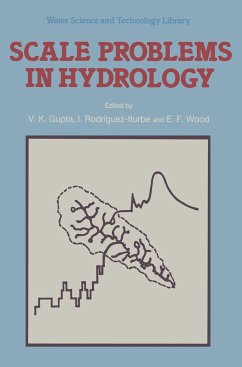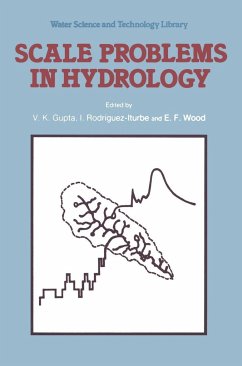
Water Resources and Hydrometeorology of the Arab Region
Versandkostenfrei!
Versandfertig in 6-10 Tagen
115,99 €
inkl. MwSt.
Weitere Ausgaben:

PAYBACK Punkte
58 °P sammeln!
The great importance of detailed data and their use in generating interdisciplinary scientific knowledge on the development and utilisation of the water systems of the Arab region, with its widespread water stress and desert areas, is well established. With increasing consumption of water in the region backed up by the growing population, the per capita availability of freshwater in the coming years is expected to cause severe scarcity, unless some fundamental and anticipatory changes are introduced in the management of their water systems. Towards that end, such a rich book will prove to be a...
The great importance of detailed data and their use in generating interdisciplinary scientific knowledge on the development and utilisation of the water systems of the Arab region, with its widespread water stress and desert areas, is well established. With increasing consumption of water in the region backed up by the growing population, the per capita availability of freshwater in the coming years is expected to cause severe scarcity, unless some fundamental and anticipatory changes are introduced in the management of their water systems. Towards that end, such a rich book will prove to be a great help. The book is the last one written by the author and the depth of data presentation and analysis clearly indicates the professional maturity with which it has been written. Accordingly, the book is the final expression of the lifelong work and scholarship of Professor Mamdouh Shahin. The Arab Region has been the home of some of the earliest human civilisations and their history is also a continuum of human endeavours towards ensuring the access to water over an expanding space and time. The presentation of the important elements of history of the region as related to water will prove to be a rich reference.













